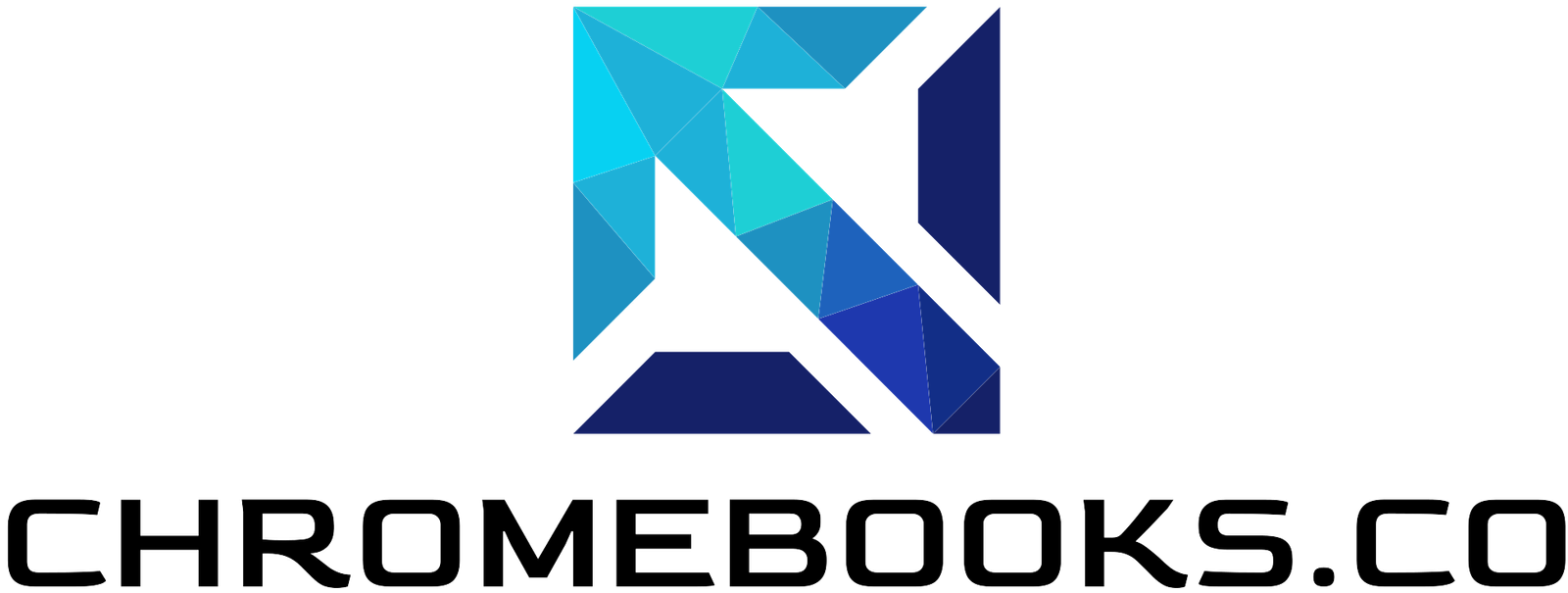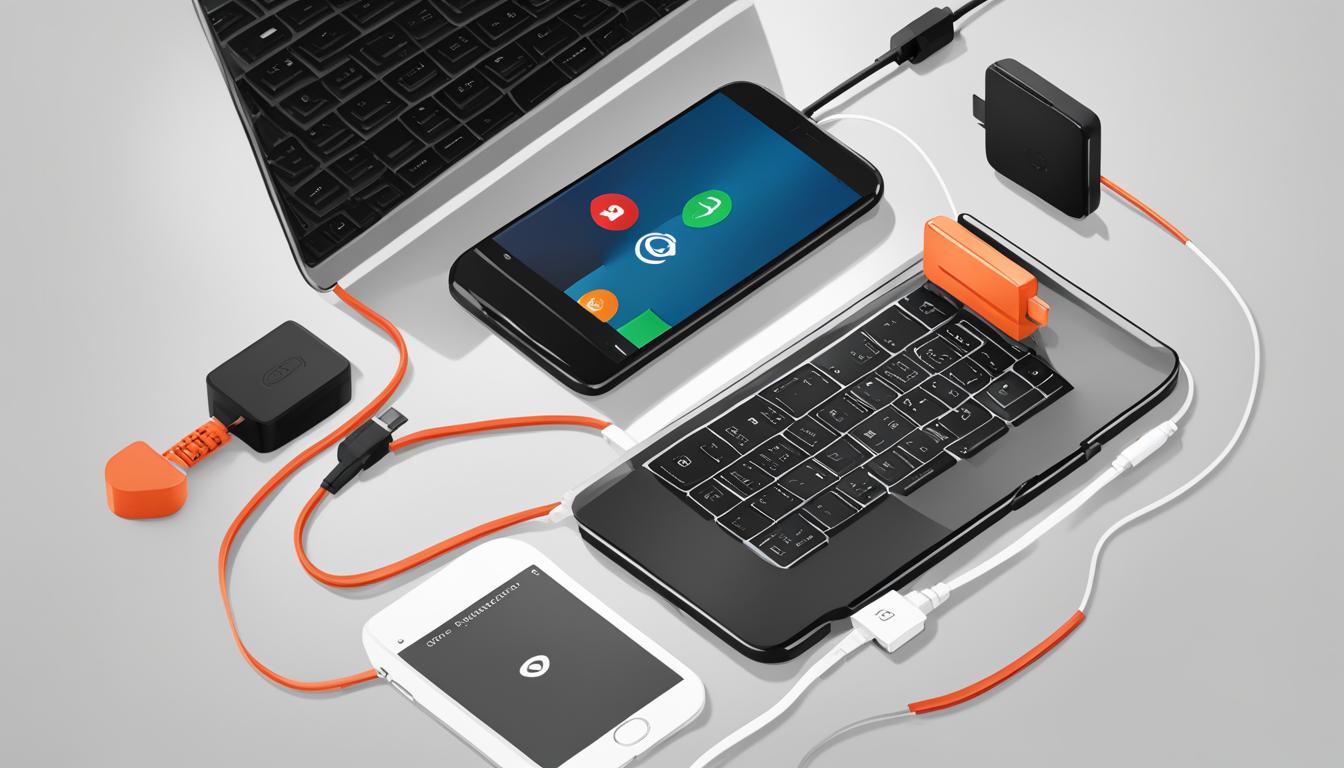Many people wonder if they can use their Chromebook charger to charge their phone. While the answer may vary depending on the specific charger and phone models, it is generally possible to use a Chromebook charger to charge a phone. However, it’s important to consider charger compatibility and potential safety issues before attempting to use a Chromebook charger with a phone.
Table of Contents
- Charger Compatibility and Safety Considerations
- User Experiences and Recommendations
- Charging Options and Alternatives
- Best Practices and Recommendations
- Conclusion
- FAQ
- Can I use a Chromebook charger on my phone?
- Are Chromebook chargers compatible with phones?
- What are the compatibility and safety considerations when using a Chromebook charger with a phone?
- Can I charge my phone with a Chromebook charger if I don’t have a phone charger?
- What are the best practices for using a Chromebook charger with a phone?
Charger Compatibility and Safety Considerations
When it comes to using a Chromebook charger with a phone, it’s crucial to consider charger compatibility. Most Chromebook chargers use a USB-C port, which is a common charging standard for many phones. If your phone also has a USB-C port, it is highly likely that you can use a Chromebook charger to charge your phone.
However, before connecting your Chromebook charger to your phone, it’s important to ensure compatibility between the charger and your phone’s charging requirements. Different phone models may have varying power input specifications, so it’s essential to check the voltage and amperage ratings of both your phone and the Chromebook charger.
In addition to compatibility, safety considerations should also be taken into account. While many Chromebook chargers are designed to provide safe and efficient charging, using a charger that is not specifically designed for your phone may introduce potential risks. For example, the power output of the Chromebook charger may be higher than what your phone can handle, potentially causing damage to the battery or other internal components.
“The safety of using a Chromebook charger with a phone depends on the charger’s compatibility with the phone’s charging requirements. It’s always recommended to use a charger that is designed specifically for your phone to ensure safe and optimal charging.”
Chromebook Charger Compatibility with Popular Phone Models
| Phone Model | Charging Port | Compatibility with Chromebook Charger |
|---|---|---|
| iPhone 12 | Lightning | Not compatible (requires a USB-C to Lightning cable) |
| Samsung Galaxy S20 | USB-C | Compatible |
| Google Pixel 5 | USB-C | Compatible |
| OnePlus 9 | USB-C | Compatible |
| Motorola Moto G Power | USB-C | Compatible |
Please note that the table above is not exhaustive and serves as an illustration of potential compatibility between Chromebook chargers and popular phone models. It is always recommended to refer to the manufacturer’s guidelines and specifications for your specific phone and charger.
While using a Chromebook charger to charge your phone can be convenient in certain situations, it’s important to exercise caution and ensure compatibility and safety before connecting the two devices. If you have any concerns or uncertainties, it is recommended to consult the manufacturer or a certified professional for guidance.
User Experiences and Recommendations
Users have reported varying experiences when using a Chromebook charger to charge their phones. Some users have successfully utilized their Chromebook chargers without encountering any issues, while others have experienced problems such as overheating or slow charging.
It is important to note that these experiences may vary depending on the specific charger and phone models. Factors such as the charger’s wattage, phone’s charging requirements, and compatibility between the charger and the phone can all impact the overall charging experience.
“I’ve been using my Chromebook charger to charge my phone for months, and it has been working perfectly fine. It charges my phone quickly, and I haven’t noticed any overheating issues.” – Sarah
“I tried using my Chromebook charger with my phone, but it was incredibly slow. It took hours to fully charge, so I decided to switch back to my phone’s original charger.” – Michael
To ensure a smooth charging experience and prevent any potential issues, consider the following recommendations:
- Check charger compatibility: Ensure that your phone and Chromebook charger have compatible charging ports. If both devices use USB-C ports, they are likely to be compatible.
- Ensure the charger meets the phone’s charging requirements: Verify that the Chromebook charger’s wattage is suitable for your phone. Using a charger with lower wattage might result in slower charging speeds.
- Monitor charging temperature: Pay attention to the temperature of your phone during charging. If it becomes excessively hot, it’s advisable to disconnect the charger to prevent potential damage to your phone.
- Follow the manufacturer recommendations: Refer to the user manual or online documentation provided by your phone’s manufacturer for specific charging guidelines and recommendations. Following these guidelines can help optimize charging performance and ensure safety.
Phone Compatibility with Chromebook Charger
It’s worth noting that not all phones are compatible with a Chromebook charger. While most modern phones with USB-C ports can utilize a Chromebook charger, older phones or those with different charging standards may not be compatible.
Before using a Chromebook charger with your phone, it is always recommended to check the charger’s compatibility with your specific phone model. This information can typically be found in the user manual or on the manufacturer’s website.
| Phone Model | Charging Compatibility |
|---|---|
| iPhone X | Not compatible |
| Samsung Galaxy S20 | Compatible |
| Google Pixel 5 | Compatible |
| LG G8 ThinQ | Compatible |
By checking the compatibility and following best practices, you can make an informed decision and ensure a safe and effective charging experience when using a Chromebook charger with your phone.
Charging Options and Alternatives
When you find yourself without a phone charger and in need of a quick charge, using a Chromebook charger as an alternative can be a viable option. However, it’s important to note that there are certain considerations to keep in mind.
Using a charger that is not specifically designed for your phone may result in slower charging or potential compatibility issues. While most Chromebook chargers use a USB-C port, which is a common charging standard for many phones, it is crucial to ensure that your phone also has a USB-C port for compatibility.
Although using a Chromebook charger can provide a temporary solution in a pinch, it’s essential to understand that it may not deliver the same charging performance as a dedicated phone charger. Additionally, using a charger not intended for your phone could potentially affect your phone’s battery life or damage its internal components. Therefore, it’s recommended to use a dedicated phone charger whenever possible for optimal performance and to minimize any potential risks.
It’s also worth noting that if you frequently find yourself in situations where you need alternative charging options, you may want to consider investing in a portable power bank. Power banks are portable external batteries that can provide on-the-go charging for your phone or other electronic devices, offering a convenient and reliable solution when conventional charging options are not available.
Before utilizing a Chromebook charger or any alternative charging method, it’s always advisable to check your phone’s user manual or consult with the manufacturer to ensure compatibility and avoid any potential risks. By following these best practices, you can ensure a safe and effective charging experience for your phone.
Best Practices and Recommendations
When using a Chromebook charger for your phone, it is important to follow these best practices to ensure safe and effective charging:
- Check charger compatibility: Before connecting your phone to a Chromebook charger, ensure that both the charger and your phone are compatible. Verify that your phone’s charging port matches the charger’s connector, such as USB-C.
- Monitor charging temperature: While using a Chromebook charger, keep an eye on the charging temperature of your phone. If you notice excessive heat or discomfort, disconnect the charger and allow your phone to cool down.
- Avoid using damaged chargers: Do not use a Chromebook charger or any charger that is damaged, frayed, or showing signs of wear and tear. Using a damaged charger can pose safety risks and damage your phone.
- Use the original charger whenever possible: It is recommended to use the original charger provided with your phone, as it is specifically designed to meet your phone’s charging requirements and ensure optimal performance.
- Charge your phone in a safe environment: Always charge your phone in a well-ventilated area and avoid placing it on combustible materials. This helps prevent overheating and reduces the risk of accidents.
“It is crucial to follow these best practices to ensure the safe and efficient use of a Chromebook charger with your phone.” – Tech Expert, Sarah Johnson
By adhering to these best practices, you can safely use a Chromebook charger to charge your phone, providing convenience and flexibility when needed.
Conclusion
In conclusion, you can use a Chromebook charger to charge your phone, as long as there is compatibility between the charger and the phone’s charging requirements.
It is important to consider charger compatibility before attempting to use a Chromebook charger with your phone. Most Chromebook chargers use a USB-C port, which is a common charging standard for many phones. If your phone also has a USB-C port, there’s a high chance that you can use a Chromebook charger to charge your phone.
However, it’s crucial to monitor the charging temperature and to follow the manufacturer’s recommendations to ensure safe and effective charging. While many users have reported successful experiences with using a Chromebook charger for their phones, it’s always recommended to use a dedicated phone charger whenever possible to ensure optimal performance and minimize potential risks.
FAQ
Can I use a Chromebook charger on my phone?
Yes, it is generally possible to use a Chromebook charger to charge a phone, but charger compatibility may vary depending on the specific charger and phone models.
Are Chromebook chargers compatible with phones?
Most Chromebook chargers use a USB-C port, which is a common charging standard for many phones. If your phone also has a USB-C port, you can use a Chromebook charger to charge your phone.
What are the compatibility and safety considerations when using a Chromebook charger with a phone?
It’s important to ensure charger compatibility and consider potential safety issues before using a Chromebook charger with a phone. Some users have reported overheating or slow charging when using a Chromebook charger with their phones. Experiences may vary depending on the specific charger and phone models.
Can I charge my phone with a Chromebook charger if I don’t have a phone charger?
If you find yourself without a phone charger and need to charge your phone, using a Chromebook charger can be a viable option. However, using a charger that is not specifically designed for your phone may result in slower charging or potential compatibility issues.
What are the best practices for using a Chromebook charger with a phone?
To ensure safe and effective charging, it is recommended to follow these best practices: check charger compatibility, monitor charging temperature, and follow manufacturer recommendations. However, it’s always ideal to use a dedicated phone charger whenever possible to optimize performance and minimize potential risks.


Leave a Reply